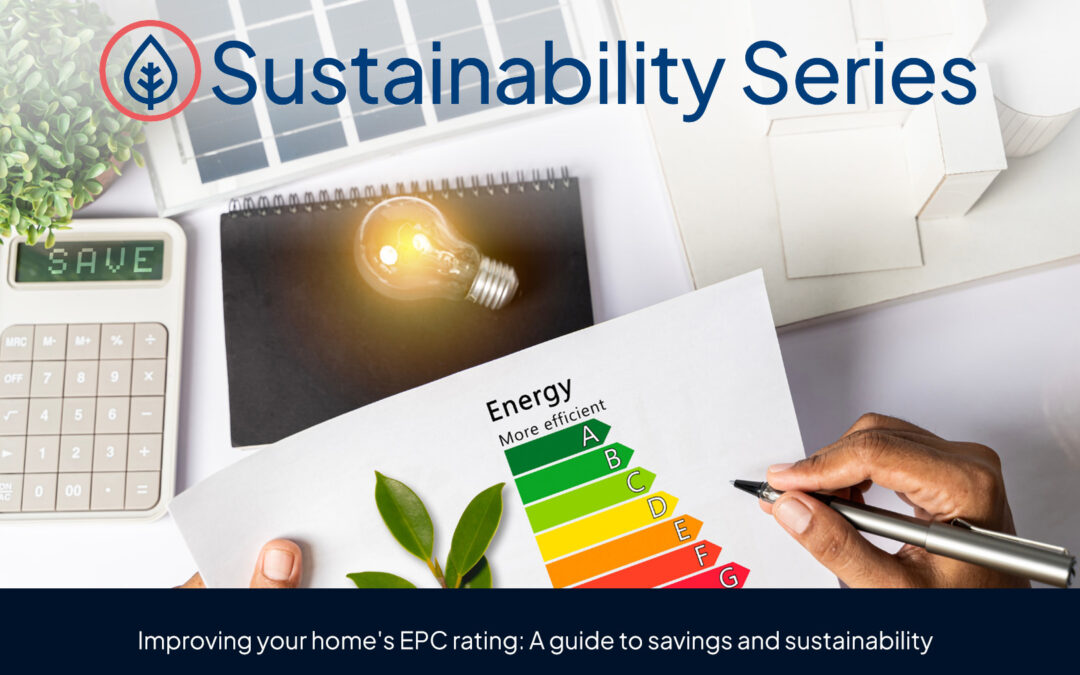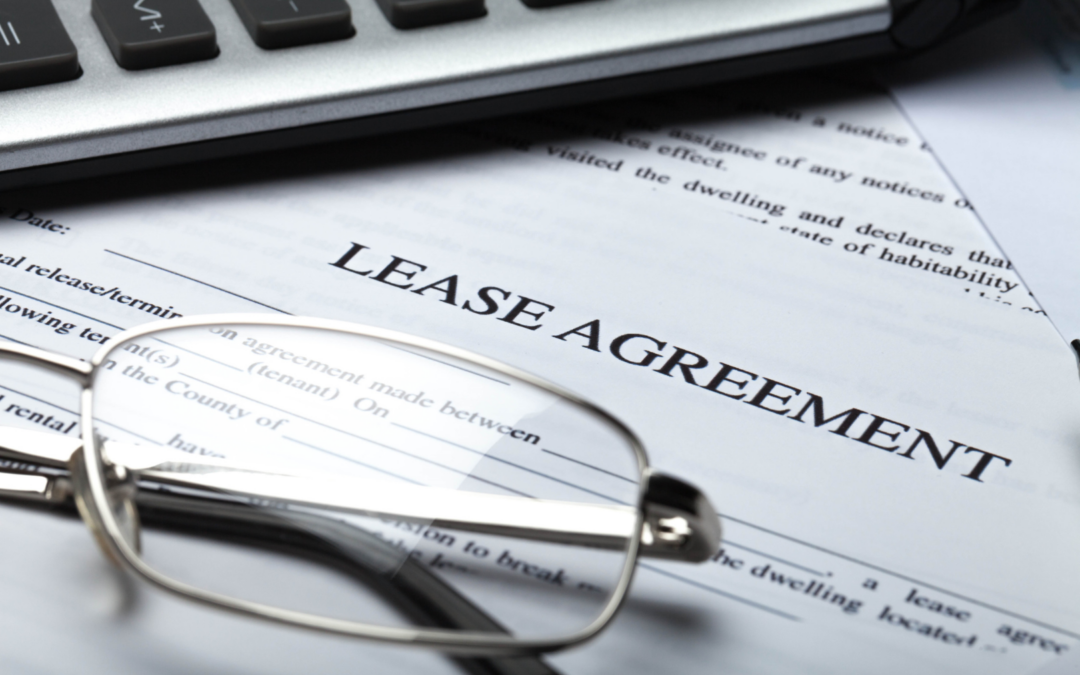Are you considering becoming a landlord and investing in a Buy to Let property? Before taking the plunge, it’s important to understand that this decision requires careful consideration. Purchasing a Buy to Let property involves significant investment and comes with its own set of risks.
As a landlord, you must also be prepared to fulfill various responsibilities. Below, we share valuable tips and insights from our partners at leading mortgage brokers, L&C, to guide you through the process…
Conduct thorough research
Purchasing a Buy to Let property should never be an impulsive decision. Take the time to conduct extensive research on the type of property and its location. Consider the tenant demographic you want to attract and the property features that would appeal to them. Are you targeting students, families, or young professionals? Evaluate the property’s location and determine any necessary renovations or improvements before it can be rented out.
Cashflow management
When taking on a Buy to Let mortgage, you need to carefully consider the monthly mortgage costs and the potential rental income. It’s crucial to keep in mind that there may be periods when you don’t have a monthly rent coming in, as it can take time to find your first tenant or you might experience rental voids between tenancies.
To ensure financial stability, it’s worth having a reserve of funds equivalent to three to six months of mortgage payments. Additionally, you can maintain a cash buffer to cover unexpected maintenance costs like boiler repairs or appliance replacements.
Rental voids and unforeseen costs can be mitigated through insurance options. Consider speaking with a mortgage advisor to explore insurance solutions that can protect you from financial losses during vacant periods or unexpected expenses.
Effective property management
Unlike other investments, being a landlord and owning a Buy to Let property requires active time and management on your part.
Whilst you can enlist the services of a property management agent, it’s important to factor in the associated costs. Property management agents typically charge a percentage of the monthly rent. Additionally, as a landlord, you have specific responsibilities, such as ensuring gas and electrical appliances are in safe working order.
Understand tax obligations
Any profit generated from renting out your property is subject to income tax. If the property is jointly owned, both owners will be liable for the tax.
However, you can reduce your tax bill by offsetting certain costs associated with maintaining the rental property against the rental income. These costs may include:
- Mortgage interest (excluding capital repayments)
- Ground rent and water rates
- Letting and management fees
- Accountant and legal fees
- Property repairs and maintenance expenses
- A ‘wear and tear’ allowance for furnished properties
- Buildings and contents insurance
Consult a tax adviser or accountant to explore strategies for minimising your tax liability.
Compliance with tenancy deposit regulations
In England and Wales, if you rent out a property under an Assured Shorthold Tenancy (AST), you’re legally required to place your tenants’ deposit in one of the three official tenancy deposit protection schemes.
These government-backed schemes will hold the deposit on your behalf and provide protection in case of disputes with your tenants.
Familiarise yourself with eviction procedures
While eviction is an undesirable situation, it’s essential to be aware of the strict procedures that must be followed if the need arises. Educate yourself about your rights as a landlord and understand the necessary steps for initiating the eviction process, should it ever become necessary.
Think carefully before securing other debts against your home. Your home or property may be repossessed if you do not keep up repayments on your mortgage.
Content provided by OnTheMarket.com is for information purposes only. Independent and professional advice should be taken before buying, selling, letting or renting property, or buying financial products.






